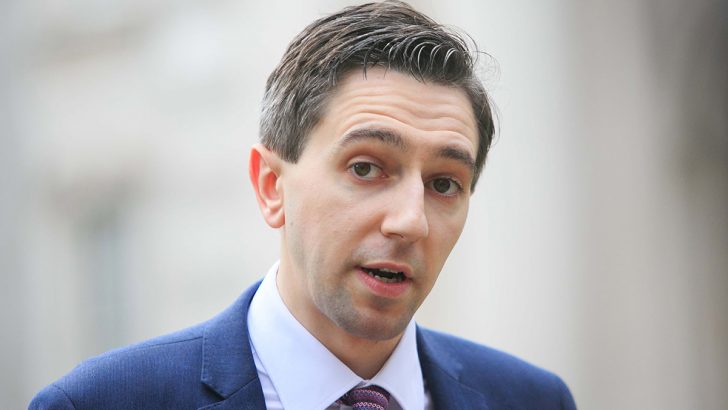Health Minister Simon Harris needs to address what the real impact of his proposed abortion law would be on abortion rates in Ireland, the LoveBoth campaign has said, claiming that Ireland’s abortion rate is likely to rise by over 5,000 a year if the Eighth Amendment is repealed.
Speaking at the launch this morning of an independent actuarial report commissioned to review the potential effect of a vote for repeal on Ireland’s abortion rate LoveBoth spokesperson Caroline Simons said as Health Minister Simon Harris has drawn comparisons between his proposed law and the abortion laws in other European countries, the campaign had decided to examine what could happen in Ireland if the proposed law was enacted, focusing on projected abortion numbers.
“The Government’s proposed law allows for abortion, without restriction, until 12 weeks of pregnancy, and abortion until approximately 6 months on other grounds,” she said. “There are 7 western European countries with broadly similar abortion laws (Belgium, Denmark, Finland, France, Germany, Portugal and Switzerland). Based on a very conservative analysis, the report suggests that if Ireland had the same average abortion rate as these 7 countries, we would have 64,000 more abortions up to 2030; this equates to 5,300 per year and more than 100 extra per week.”
Mrs Simons described these numbers as making for “stark reading”, and criticised how there has been very little information from Mr Harris on the likely impact of the proposed law on abortion rates in Ireland.
“If the Department of Health have carried out such an analysis, they have been very slow to release it,” she added. “Perhaps there is a good reason for that – the Minister does not want to discuss the fact on a reasonable analysis, there may be over 5,000 more abortions per year in Ireland.”
Arguing that laws shape attitudes and our behaviours, Mrs Simons said: “When something is legalised, it is normalised, and it almost inevitably becomes more common. It lacks credibility to argue that this would not happen in Ireland with abortion.”
It “strains credibility”, she added, to claim that the government’s plan for a GP-led abortion service would not result in more abortions. Rejecting the common claim by abortion campaigners that abortion rates do not increase after legalisation, she highlighted how in the first four years after the legalisation of abortion in England and Wales the annual number of abortions rose from 22,000 to 100,000, and said that in countries where abortion rates decline after initial increases, they remain higher than at initial legalisation and are also higher than the Irish rate with the 8th Amendment.
“It’s time for Simon Harris to be honest with the Irish people and directly address what can happen if his abortion on demand proposals are introduced,” she said.
Abortion rates for Irish women in Britain have been steadily dropping since 2001, when 6,625 women with Irish addresses sought abortions in England or Wales, with 3,265 women travelling for abortions in 2016, the lowest abortion rate since 1980.


 Greg Daly
Greg Daly Minister Simon Harris
Minister Simon Harris 